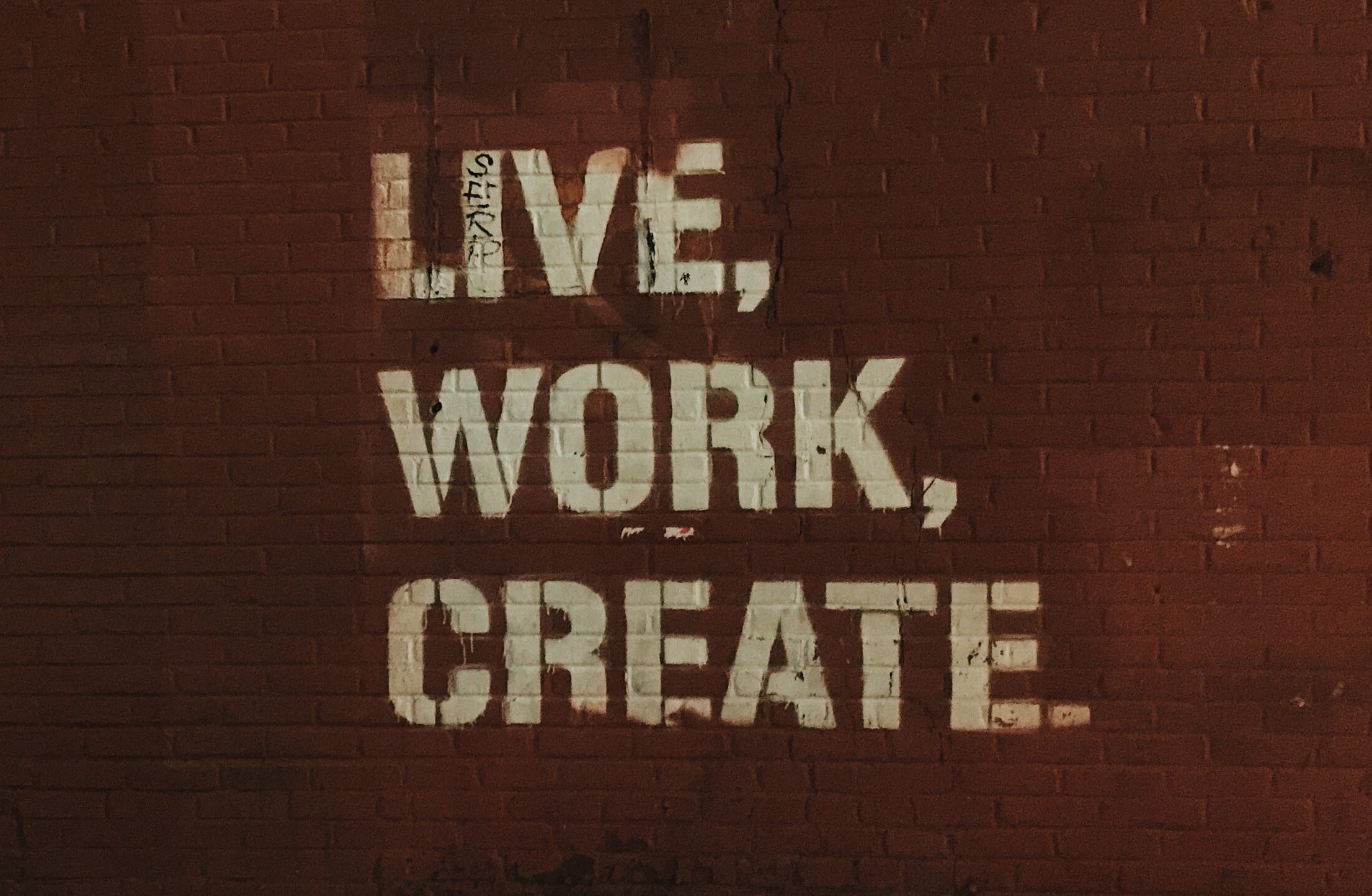Hello, and welcome to The Future of Work, a newsletter for Makers (aspiring entrepreneurs, creators, bootstrappers, Indie Hackers...) looking for inspiration to help create more fulfilling, humane and equitable futures.
I’m Leandro and in each edition I aim to bring you content to help you on your journey.
In this first edition I decided to start with a topic that I’ve been intrigued and curious about lately - The Makers Movement and the communities of creators, makers, bootstrappers, Indie Hackers - hopefully like me this interests you also. I have been learning about it for the last year or so and thought I would share some of my insights below.
Let’s start with some definitions.
Indie Hackers:
As described on the Indie Hackers website
You're an indie hacker if you've set out to make money independently. That means you're generating revenue directly from your customers, not indirectly through an employer. Other than that, there are no requirements
Bootstrappers
The dictionary describes it as “a person who relies on their own resources to solve a problem or pursue an undertaking” and “an entrepreneur who starts a business with minimal resources or capital”.
I don’t mind that definition but I prefer this one by Seth Godin.
The bootstrapper builds something from scratch, something you own and nurture and build around your customers, not your investors.
Makers & Creators
First, the dictionary definition:
Maker: “a person or thing that makes or produces something”
Creator: “a person or thing that brings something into existence”
 |
Apart from being three different concepts there is something that brings them all together: the Maker Movement.
The Maker Movement
There is not a single definition of the “Maker Movement” so let’s go with the Wikipedia version:
The maker movement is a social movement with an artisan spirit. Promoting equity in the maker movement is fundamental to its success in democratizing access to STEAM and other tech-rich and art domains.
Maker culture emphasizes learning-through-doing (active learning) in a social environment. Maker culture emphasizes informal, networked, peer-led, and shared learning motivated by fun and self-fulfilment.
As one would expect, there are no clear answers on when this movement started and what it was/is about. I won’t concentrate on that and instead will focus on what it looks like nowadays.
What fascinates me the most about the Makers communities is the Maker’s motivations for embarking on this unanimously rewarding and at the same time bumpy journey.
According to @csallen, based on what he’s been hearing from Makers during interviews in his Indie Hackers Podcast, their main motivation for starting their side project, startup etc is that:
People want freedom - They want to take/have control of their lives and the thing they are building.
Get creating
If you, like me, believe in creating a better world, where work is more fulfilling, humane and equitable. A world where you can have more fun and at the same time make an impact on your community, city, country, I would encourage you to take the first step and join the movement.
I am new to the Makers community and I took my first step a few weeks ago with the creation of this newsletter.
What is your creation?
Thank you for reading this edition of The Future of Work. If you’re finding this newsletter valuable, consider sharing it with friends, or subscribing if you haven’t already.
That’s it for now! Get in touch if you have any stories, feedback, or insights to share.
Some sources of inspiration for this newsletter:
When the world turns upside down (It’s time to become an owner)
The Origins of the Maker Movement
What is the Maker Movement and how did it start?
A Brief History of Makerspaces
Photo by: Unsplash

